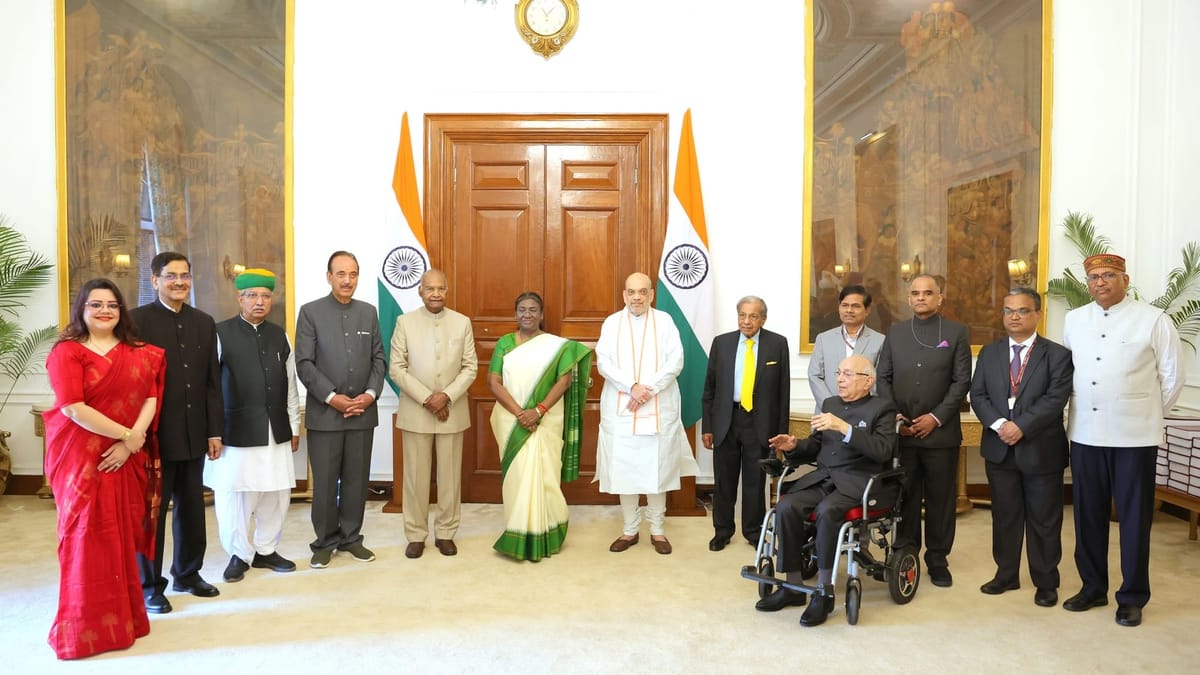
The Union Cabinet has approved Bills to implement the 'One Nation, One Election' plan, with the draft legislations expected to be introduced in Parliament during the ongoing Winter session, The Hindu reports. The Bills, based on a high-level committee’s recommendations, aim to synchronise elections for the Lok Sabha (Lower House), State Assemblies, and local bodies. The committee, led by former president Ram Nath Kovind, proposed 11 recommendations, including that in the event of a hung house or no-confidence motion, new elections would be held, but the term of the newly elected house would only last until the next general election.
One Bill will amend constitutional articles, while another will align the terms of Legislative Assemblies in Union territories with other assemblies. These proposed amendments, amounting to 18 changes, will be introduced in phases, with some requiring State ratification.
The Bharatiya Janata Party and its allies, including the Janata Dal (United), Janata Dal (Secular), Shiromani Akali Dal, and Biju Janata Dal, are pushing for 'one nation, one election' to end the country's continuous election cycle. Supporters argue that the current system, with elections taking place up to 200-300 days annually, disrupts governance, fosters political rivalry, and leads to overspending and corruption. The Confederation of Indian Industry (CII) backs the idea, citing savings in costs and better project implementation. They also point out that the election cycle stifles investment, delaying economic growth and job creation.
Congress, along with other opposition parties like the Trinamool Congress, Dravida Munnetra Kazhagam, and Aam Aadmi Party, has strongly opposed the 'one nation, one election' idea. Adhir Ranjan Chowdhury, the Congress leader in the Lok Sabha, resigned from the committee headed by President Ram Nath Kovind, arguing that its purpose was to implement simultaneous polls rather than exploring the pros and cons. Opponents argue that such elections would marginalise regional and local issues in favour of national concerns, hindering smaller parties and states from presenting their views effectively.

